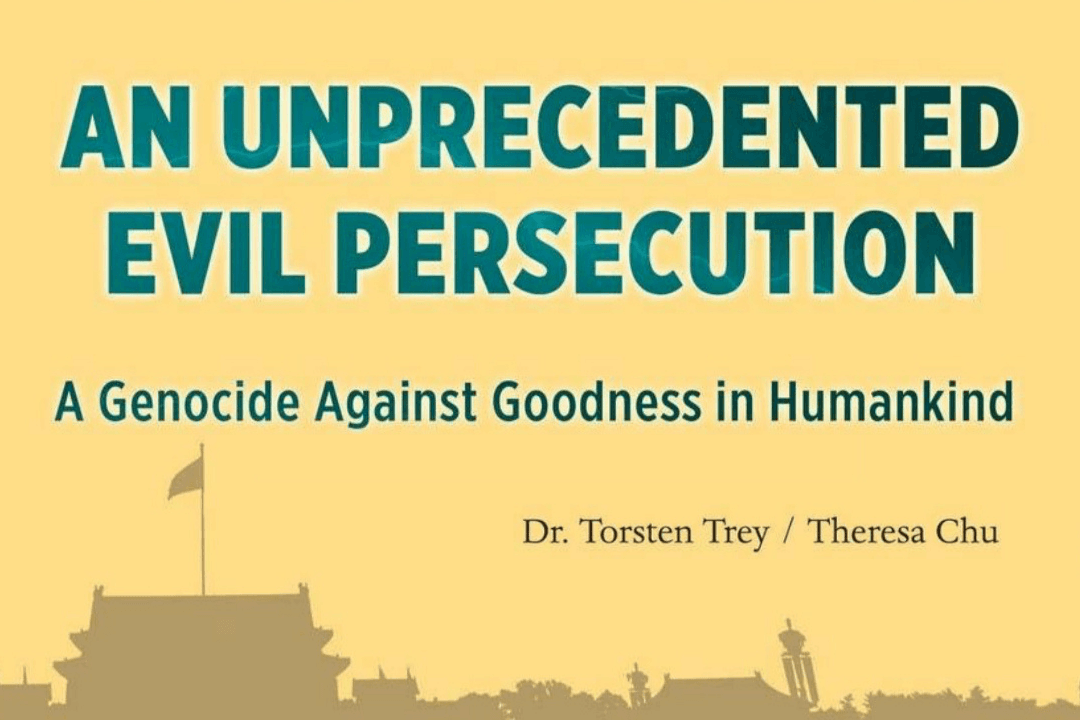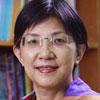The Epoch Times is proud to republish “An Unprecedented Evil Persecution: a Genocide Against Goodness in Humankind” (eds. Dr. Torsten Trey and Theresa Chu. 2016. Clear Insight Publishing). The book helps with the understanding of forced organ harvesting in China by explaining the root cause behind this atrocity: the genocide committed by the Chinese regime against Falun Gong practitioners.
Abraham Lincoln once said: “Let the people know the truth and the country will be safe.” The Chinese Communist regime, however, not only strictly controls the media in mainland China by crushing freedom of speech and reporting of facts, its black hand of suppression has even extended into free societies. Without freedom, truth cannot be told, conscience and humanity will not exist and evil will be rampant. In fact, lack of freedom is the greatest misfortune in any society.

